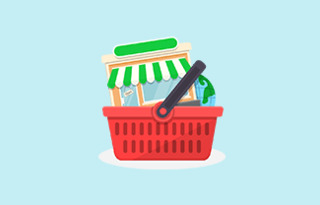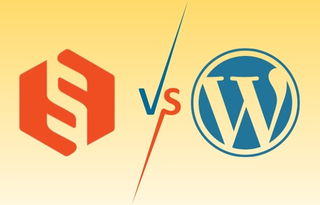
Back in 2015, a survey by the European Commission found that more than 60% of online retailers operating in the EU use some form of 'geo-blocking' - that is, they attempt to restrict the access of consumers in other countries to the goods and services they offer.
Very often, this takes the form of redirection to a country-specific version of their website - so, a consumer in the Netherlands attempting to access a Polish online marketplace could, for example, be redirected to its Dutch counterpart, where prices might be different.
Retailers' motivation for this practice is that market conditions vary from country to country, so they may wish to engage in price competition in one place, while raising prices and fattening margins where competition is slacker.
Globally, there's nothing to stop online retailers engaging in geo-blocking - but within the EU, the European Commission has the power to take measures against it. So it was that last month, EU negotiators reached a compromise agreement to restrict the practice of geo-blocking between EU states.
The new rules still won't make cross-border purchase of goods and services from online marketplaces completely seamless. Companies can still treat consumers in other states differently when they are 'objectively justified' in doing so: viable get-outs could include differences in VAT and postage costs - which amounts to a pretty big caveat.
But the agreement does firmly establish the principle that companies can't enforce differences in their offerings between different EU countries for purely commercial reasons. European Commission press release put out last month gave three situations in which, it said, there could be no possible justification for geo-blocking:
-
The sale of goods without physical delivery. Example: A Belgian customer wishes to buy a refrigerator and finds the best deal on a German website. The customer will be entitled to order the product and collect it at the trader's premises or organise delivery himself to his home.
-
The sale of electronically supplied services. Example: A Bulgarian consumer wishes to buy hosting services for her website from a Spanish company. She will now have access to the service, can register and buy this service without having to pay additional fees compared to a Spanish consumer.
-
The sale of services provided in a specific physical location. Example: An Italian family can buy a trip directly to an amusement park in France without being redirected to an Italian website.

The measures are part of the so-called Digital Single Market, a European Commission project intended to remove barriers to digital trade across the EU. The Commission says that doing this will result in more trade being done overall, because of increased competition and consumer choice.
One of the biggest remaining obstacles to the use of e-commerce sites and online marketplaces between different EU countries is that delivery costs are still much higher between states than within them - but EU Commissioner Elżbieta Bieńkowska has said that addressing this issue is ' the next step' .
The new rules will come into force next year.










